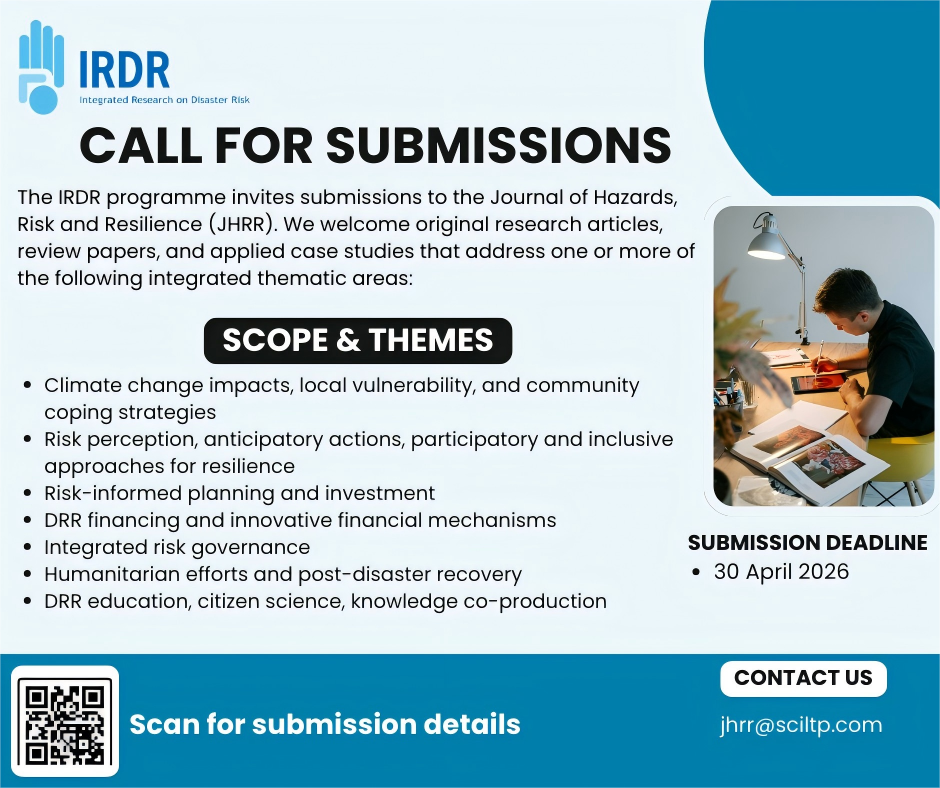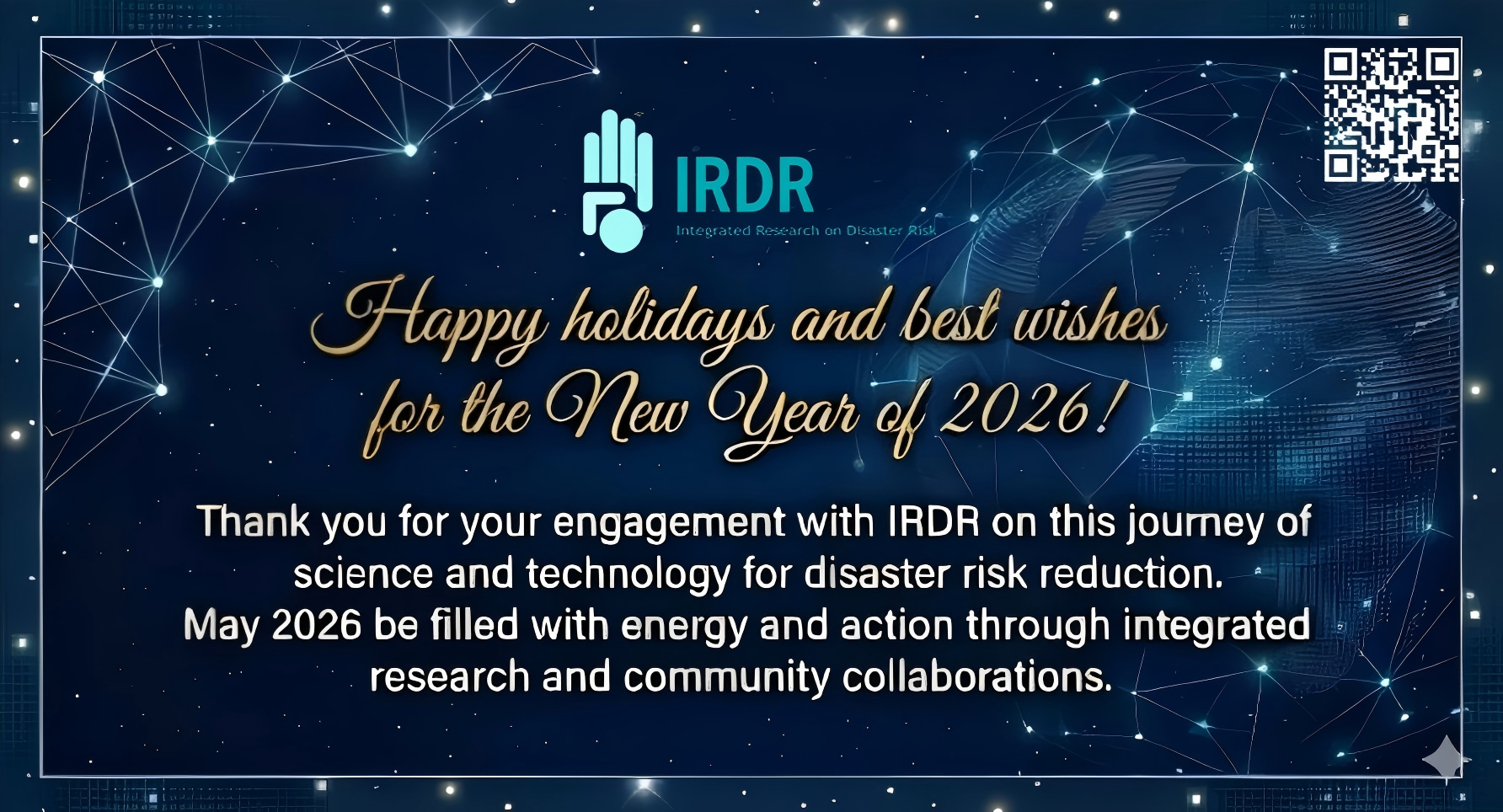The Association of Pacific Rim Universities (APRU) convened the Tenth Multihazard International Symposium at University of Chile in Santiago de Chile on 18-20 November 2014.
Presentations at the event argued, along the lines of the research pursued under IRDR, that the concept of disaster as a natural threat must be replaced by a more complex approach that would include analyses the state of vulnerability of local communities and their resilience. The series of symposia recognized that disasters have increased in number, frequency and devastating effects in recent years: examples from the circumpacific region are earthquakes and tsunamis in Indonesia, China, Chile and Japan; floods and landslides in the Philippines, China, Taiwan, Colombia, and Mexico; volcanic eruptions in Colombia, Ecuador and Chile; and intense and persistent droughts in the southern section of South America and Southeast Asia.
Next to thousands of casualties, enormous economic damage as well as social and cultural losses were recorded, even though indirect losses are characteristically difficult to quantify. It seems necessary to bring to bear the accumulated scientific knowledge on causes and consequences, on strategies aimed at mitigating damage and at preparing populations to build resilience. One focus has to be a better appreciation of different levels of vulnerability of societies, calculating the exacerbating power of poverty and exclusion, weak institutional and social capital, as well as poor use of learned lessons.
This is why, among the invited keynotes, IRDR SC member Omar Darío Cardona from the ICoE on Understanding Risk and Safety, which is based at the Institute of Environmental Studies of Colombia National University, spoke on “Impacts of disasters on ecosystems, societies and local communities”. Former IRDR SC member Allan Lavell gave a keynote on “Strategies for risk reduction and mitigation”.
APRU brings together 45 specialized scientific research public institutions in countries such as Australia, Philippines, Indonesia, Thailand, South Korea, New Zealand, Singapore, Japan, China, Taiwan, United States, Russia and Canada in order to exchange experiences, academics and graduate students in priority areas of societal challenges.
The University of Chile, as host for this event, is committed to a public discussion on the assessment of institutional performance, availability of scientific knowledge and preparation of societies to cope with severe disasters. Chile has recently been struck by forest fires, which destroyed large parts of the historic centre of Valparaiso in 2014, by five consecutive years of severe drought in central Chile, floods and landslides in North Andean watersheds in 2012, earthquake and tsunami in February 2010, and current threats of earthquakes and tsunamis in northern and central Chile. The University offers research expertise and access to academic cooperation within and outside the country, with communities, authorities and the private sector, in the formulation of public policies for risk prevention, and disaster preparedness, recovery and reconstruction. In addition, the University of Chile has been responsible for more than a century for disaster relevant information and data centers, including the National Seismological Service, which provides an unmatched long-term historical record.
For more information, see: http://apru.org/partnering-on-solutions/multi-hazards-program/item/617-10th-multi-hazards-symposium-2014






